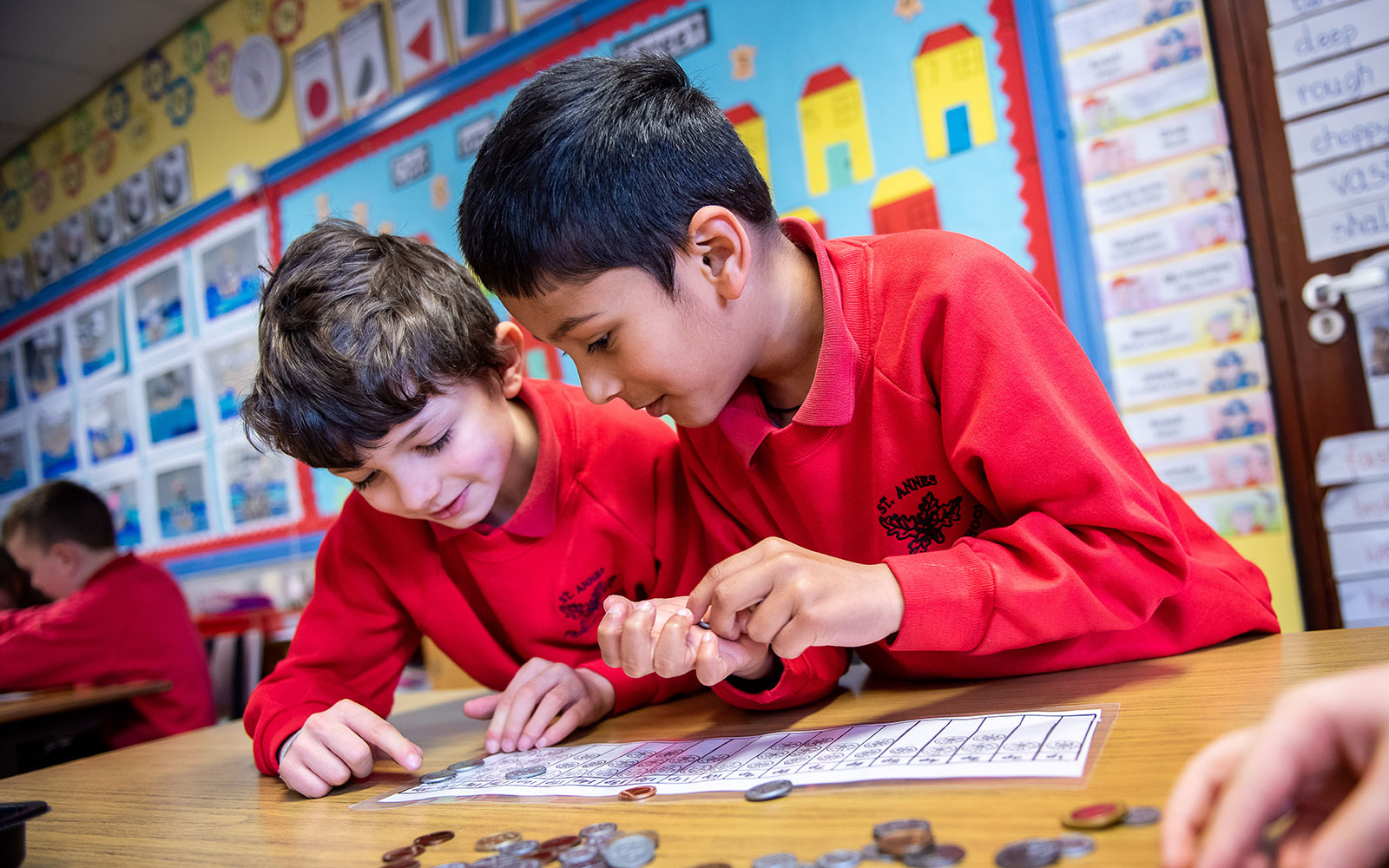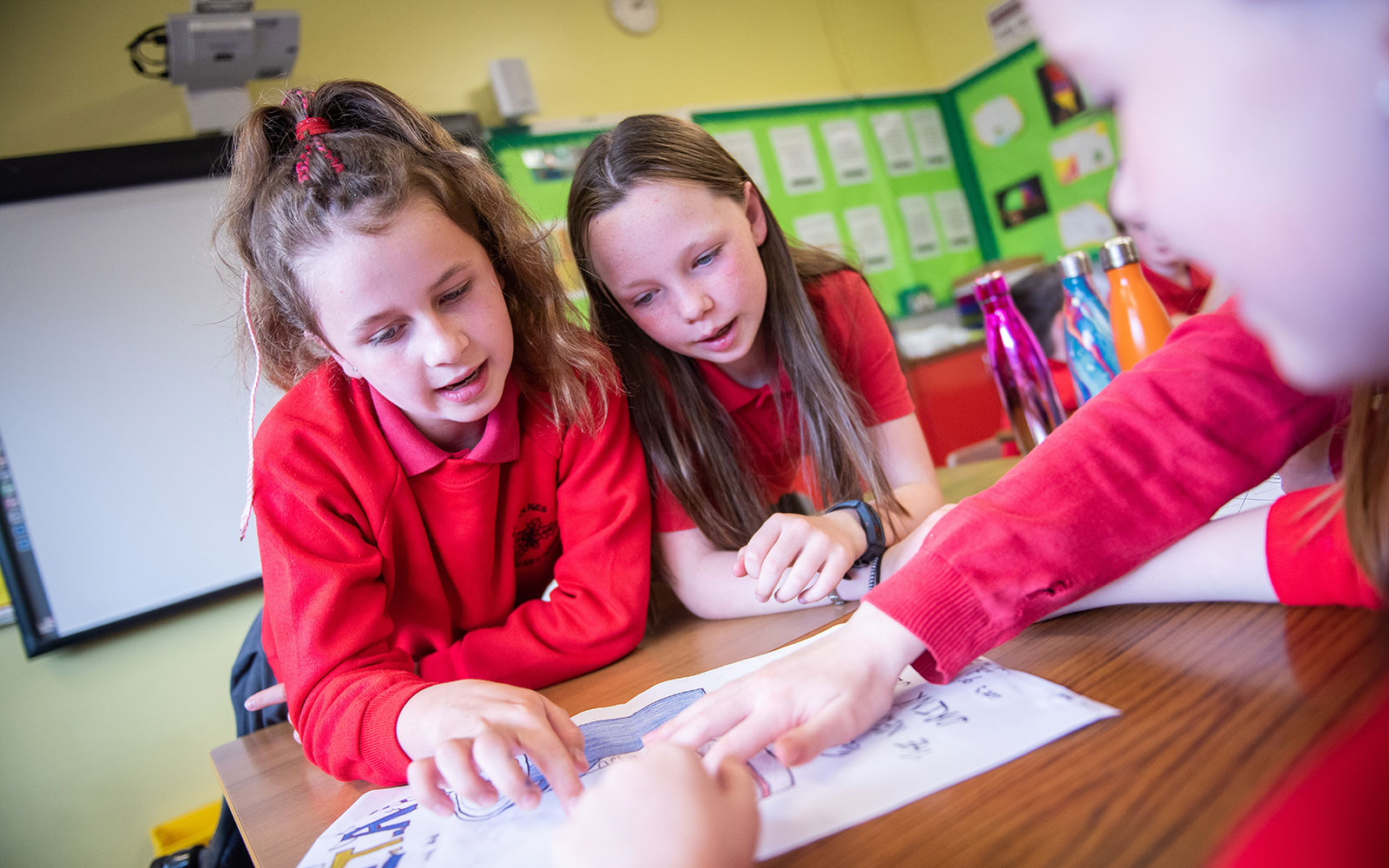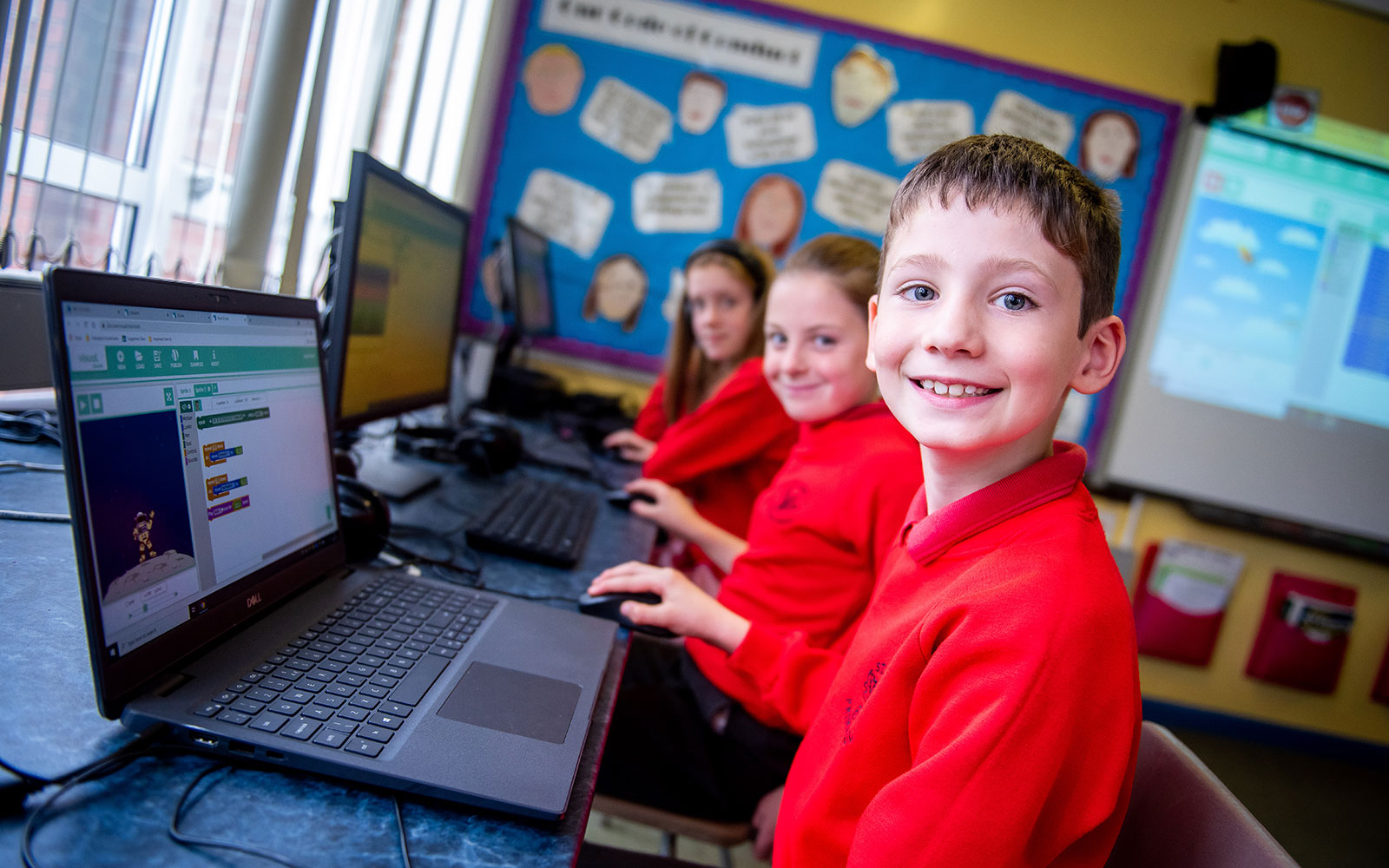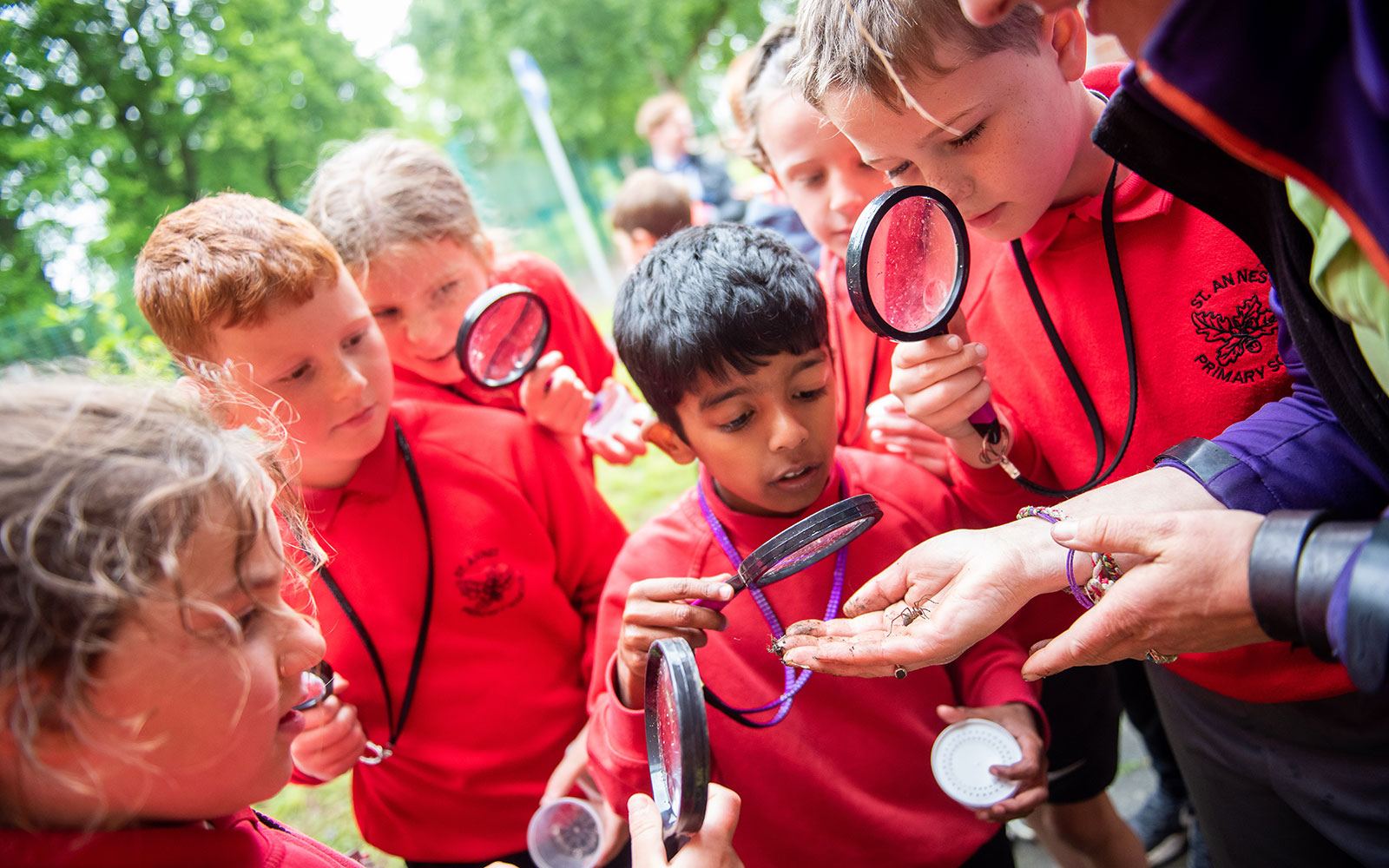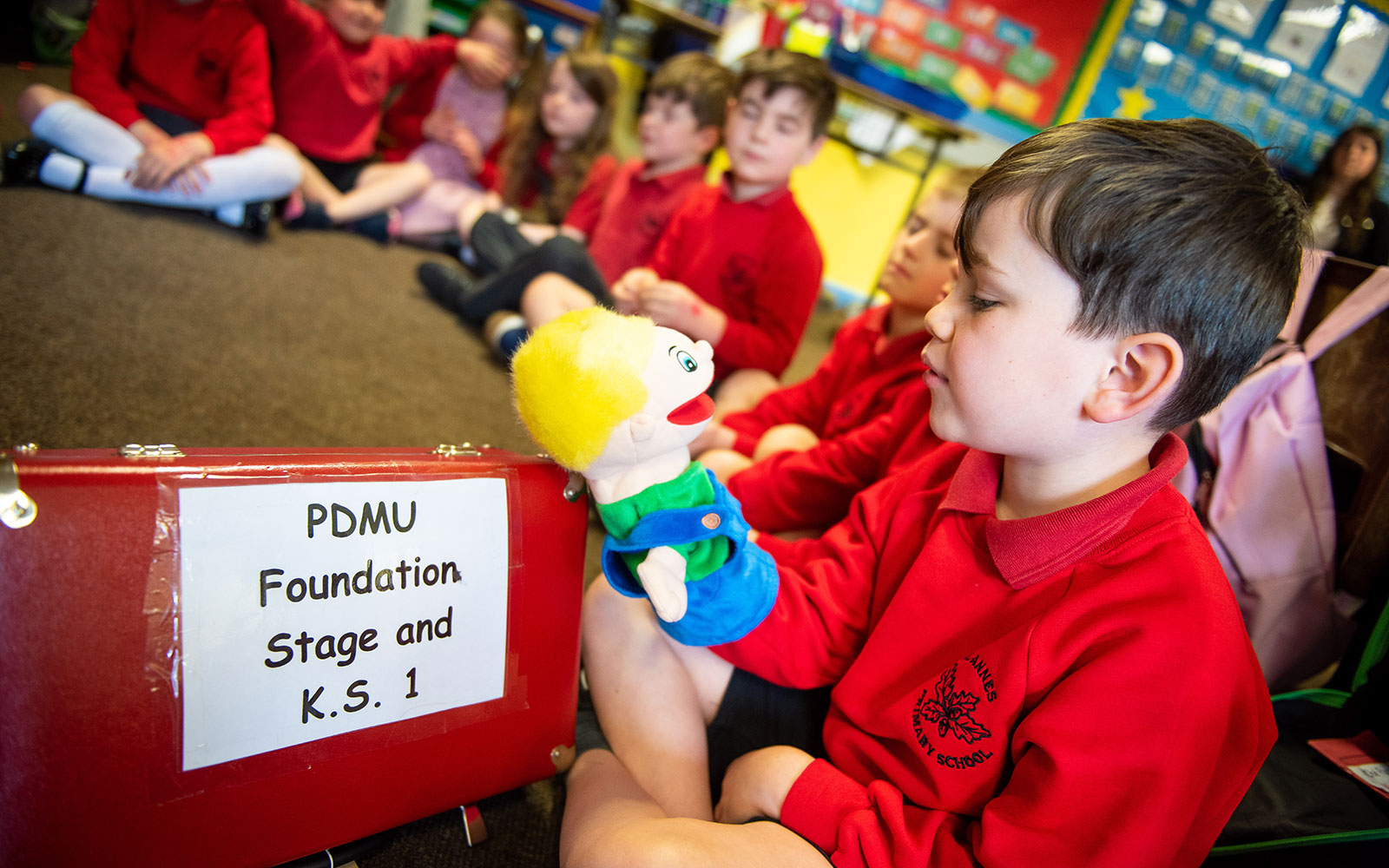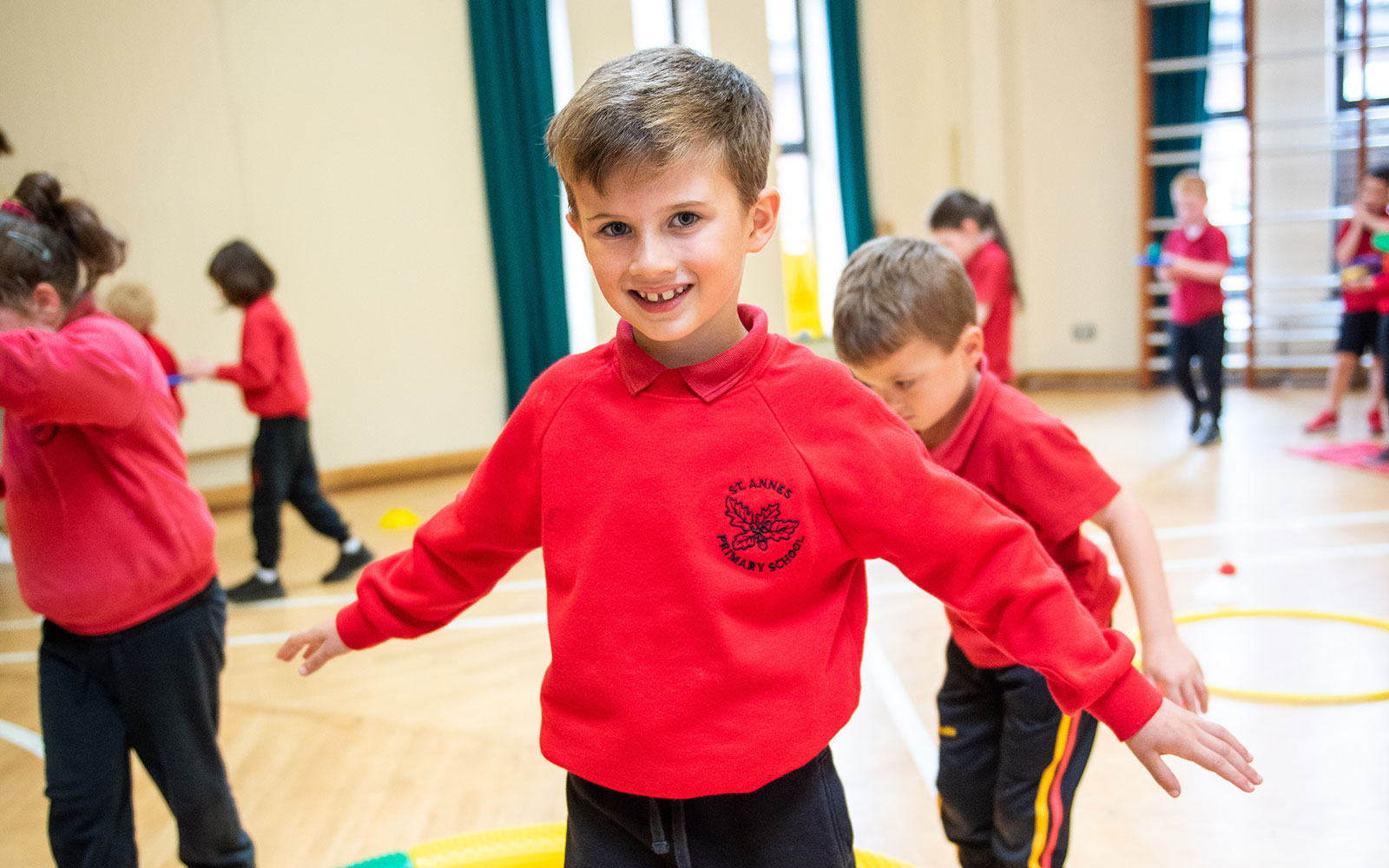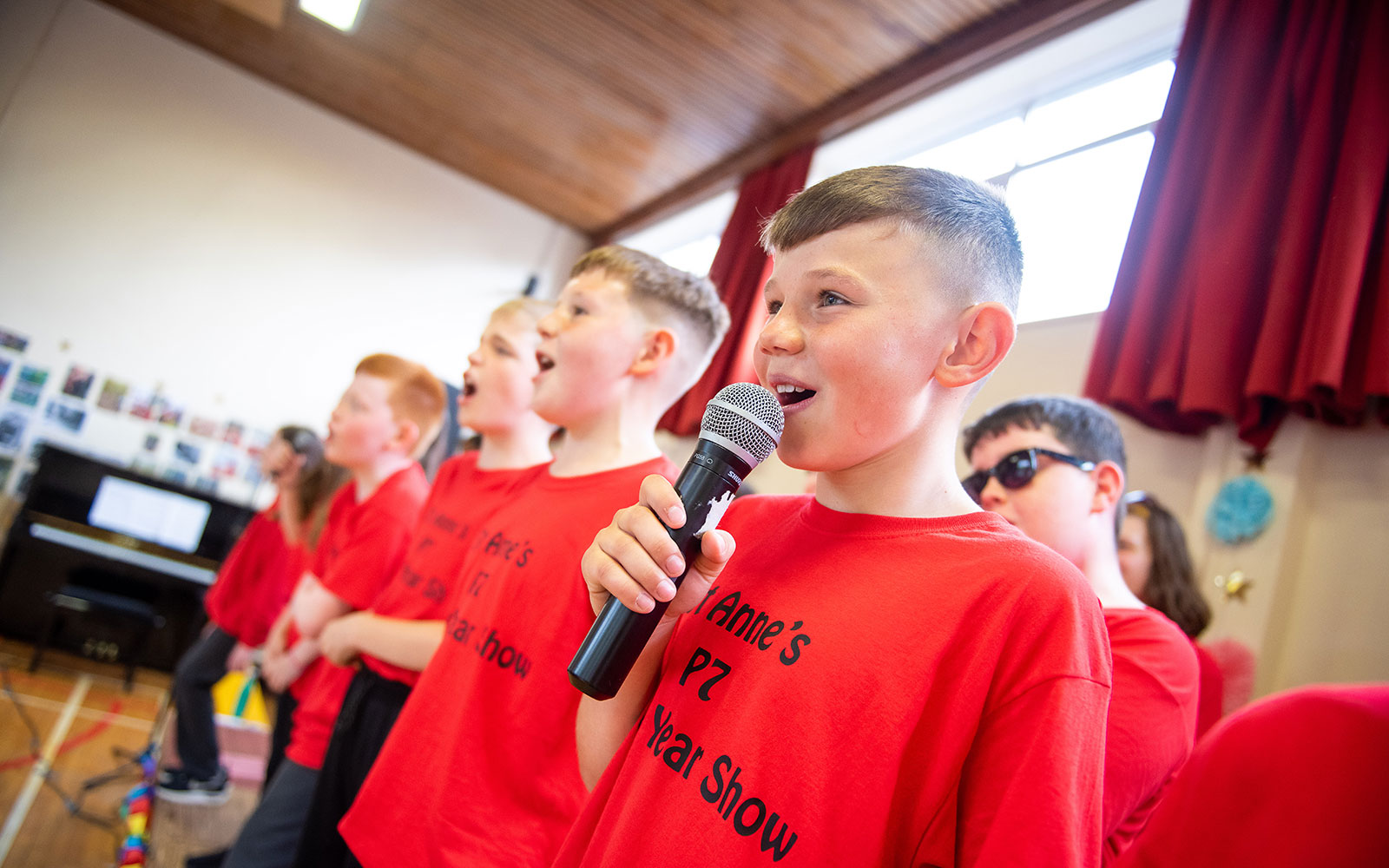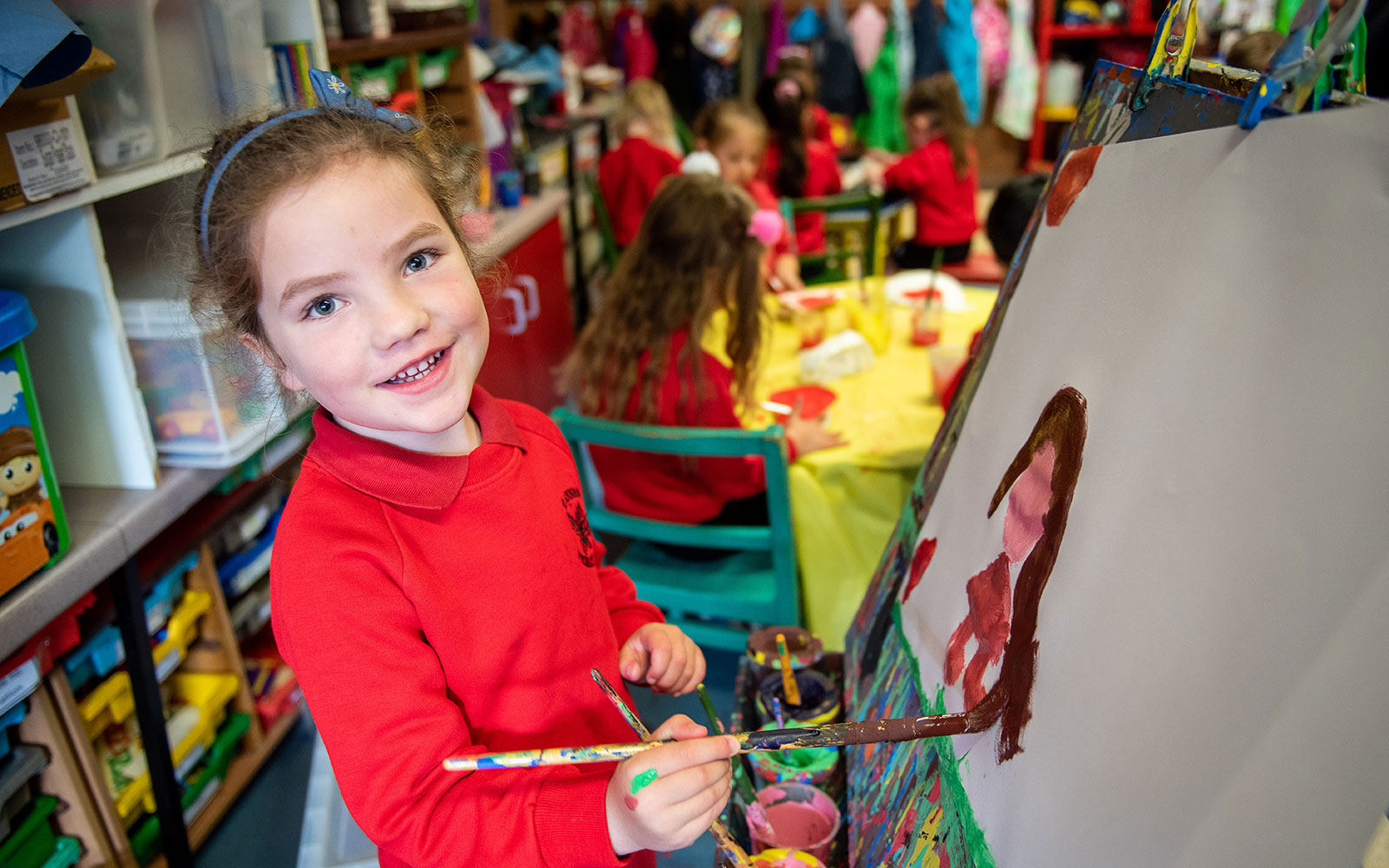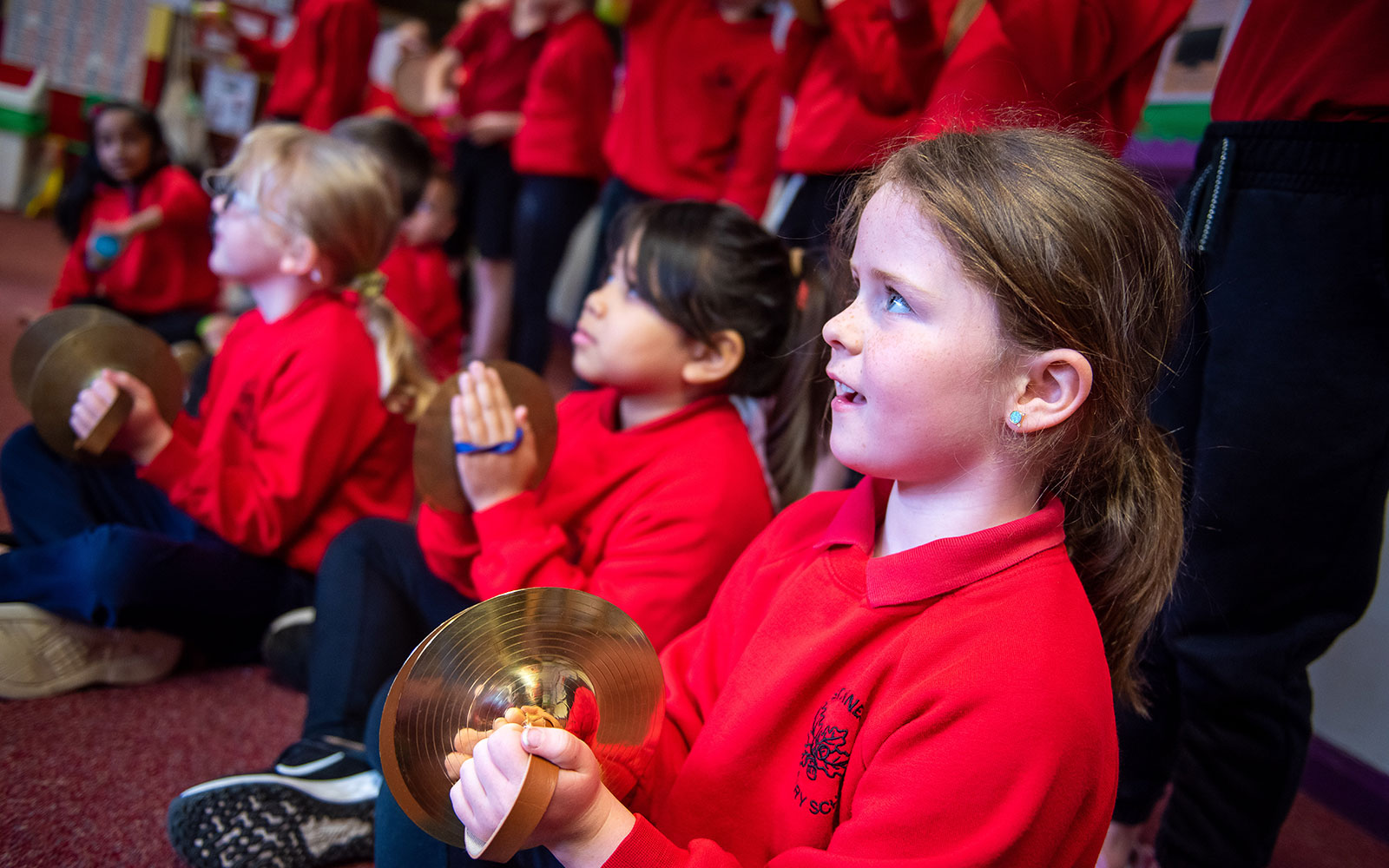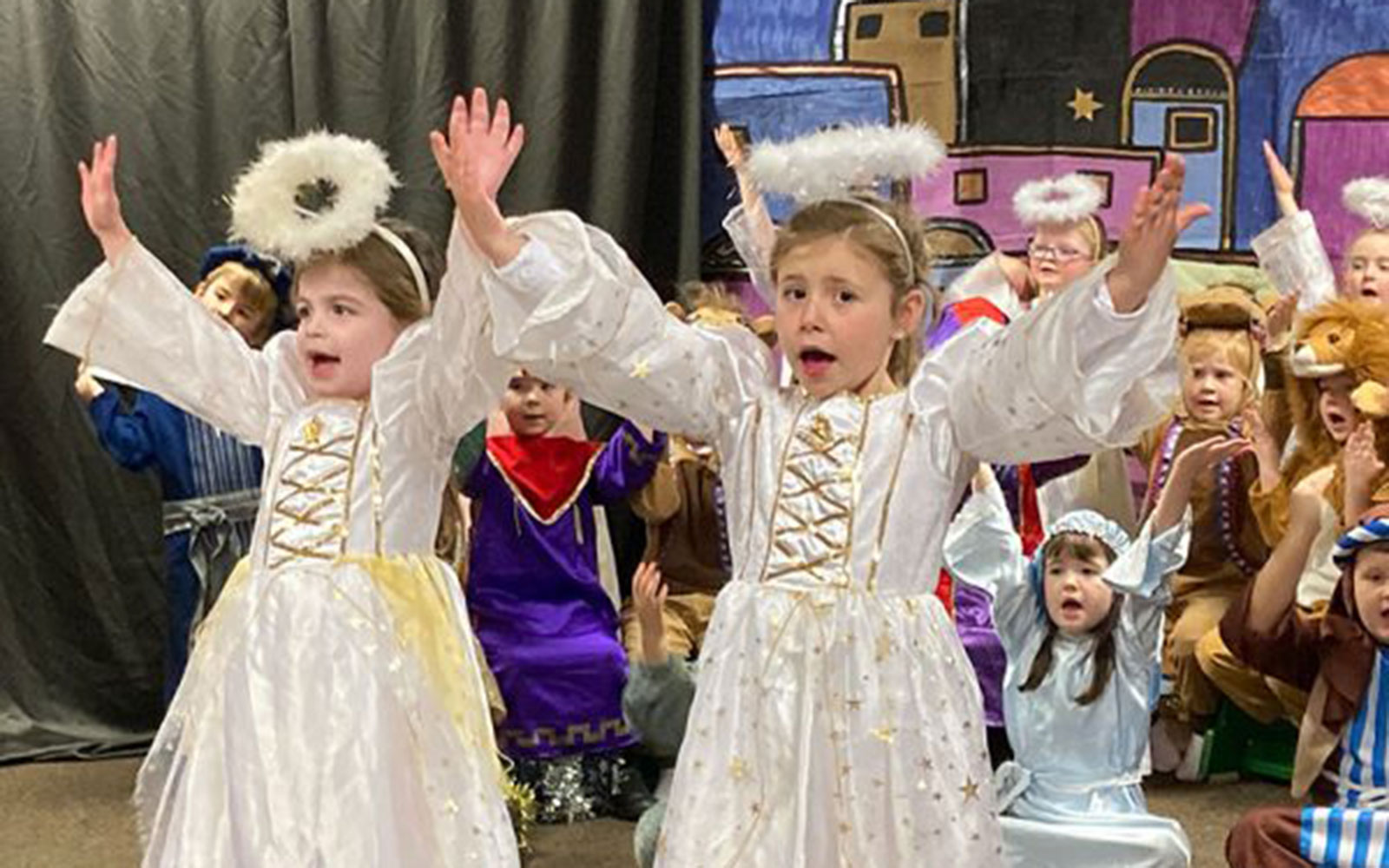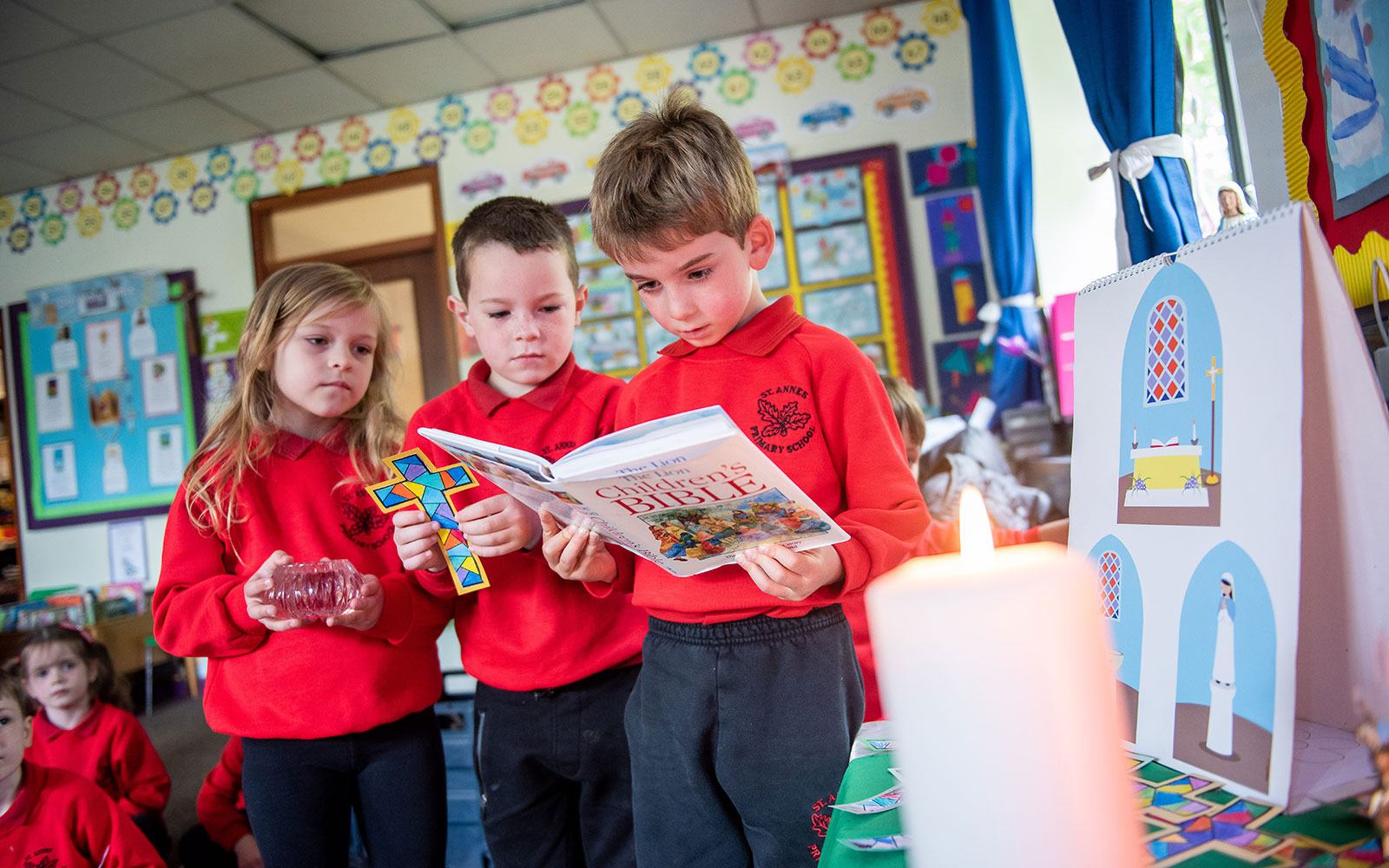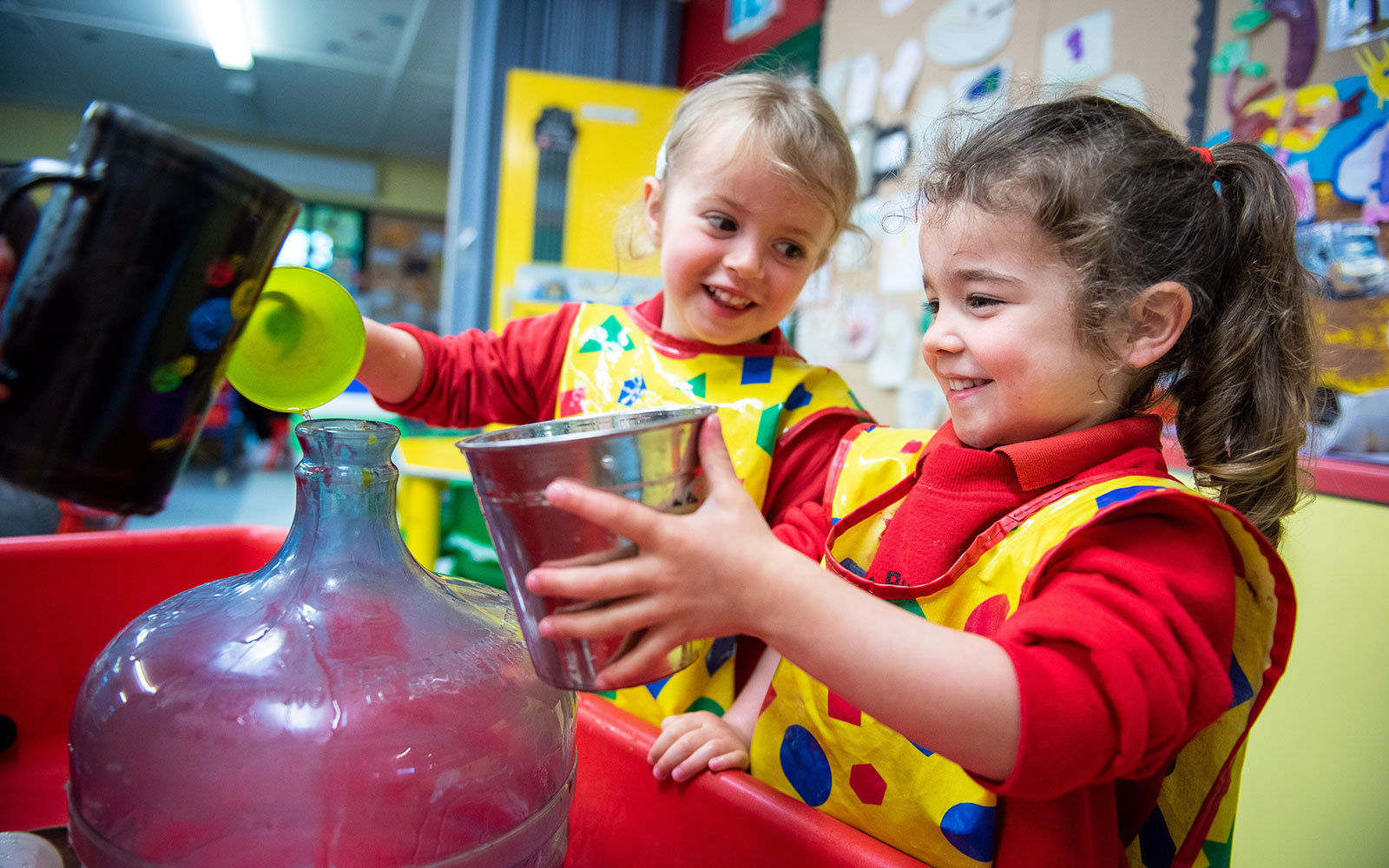Numeracy is the development and application of mathematics across the curriculum and in real-life situations. At St. Anne’s, children are engaged in a wide range of purposeful activities which involve them in different modes of mathematical learning, including playing, exploring and investigating, doing and observing, talking and listening, asking questions, reflecting, drafting, reading and recording.
Mathematical language, skills and knowledge are developed across the interrelated areas of Number, Shape and Space, Measures and Data Handling with Processes in Mathematics pervading our entire programme. These Mathematical skills and concepts are also embedded within the teaching and learning of all other curriculum areas, providing our pupils with opportunities to consolidate and apply them in a rich variety of meaningful contexts.

